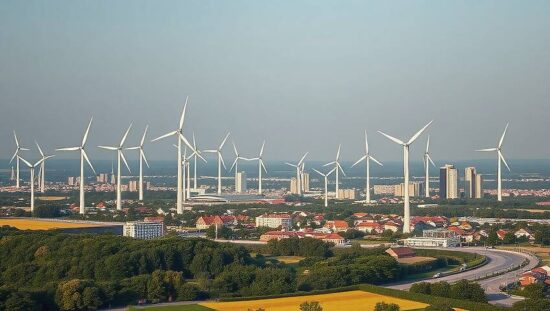Economists Assess that AfD’s Plans in EU and Energy Policy Would Cause Significant Economic Harm
Leading economists have evaluated the AfD’s plans in EU and energy policy, concluding that they would have a profound and detrimental impact on the economy. According to Veronika Grimm, a prominent economist, the AfD’s energy policy is a prime example of how the party caters to the resentments of its voters against the energy transition. The AfD not only wants to halt the promotion of renewable energy, but also to reverse the exit from coal and nuclear power, Grimm told the Handelsblatt in an interview.
Grimm criticized the AfD’s energy policy as contradictory, with a focus on market-based approaches in energy supply, while being extremely critical of the EU and its key goals. “How can one deepen the internal market if one tears down common institutions and goals in energy policy?”, she asked.
In the context of European policy, economist Achim Truger views the AfD’s withdrawal of its EU exit demand from its election program as unconvincing, as the party still strives for Germany’s departure from the Euro system. “A departure from the Euro would lead to massive turbulence in the financial system and, in all likelihood, to a strong appreciation of the then re-established Deutsche Mark”, Truger said to the Handelsblatt. This would, in his opinion, “further weaken the already ailing German export industry and economy, and push it even deeper into crisis”.
Clemens Fuest, the president of the Munich-based Ifo Institute, also expects significant harm to the economy if the AfD’s plans were to be implemented, particularly since Germany is deeply intertwined with other EU states. “There is much to criticize about the existing Euro system, but the introduction of a national currency would not be the right answer, as it would cause severe political and economic disruptions”, Fuest said. Instead, he advocates for the continued development and improvement of the institutions of the Euro area, but in cooperation with European partners.





